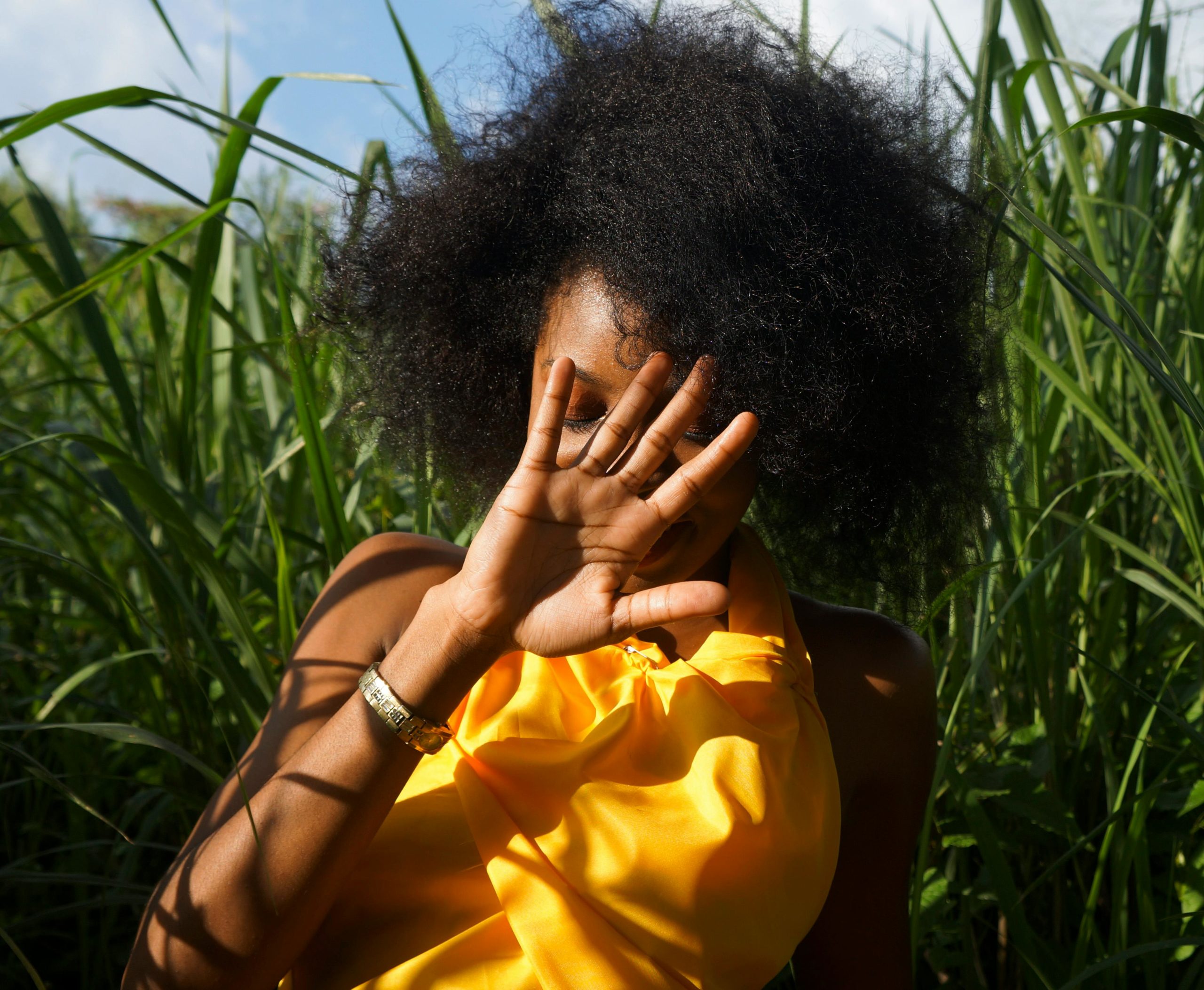In recent years, there has been a significant shift towards sustainable living across various aspects of daily life, including beauty and personal care. As consumers become more conscious of their environmental footprint, there is a growing demand for eco-friendly alternatives in the beauty industry.
This trend extends to haircare, where individuals are seeking sustainable practices and products that prioritize both the health of their hair and the health of the planet.
In this article, we’ll delve into the world of sustainable haircare, exploring eco-friendly ingredients, ethical sourcing, zero-waste packaging, and other practices that promote healthy hair while minimizing environmental impact.
The Importance of Sustainable Haircare
Haircare is an essential part of many people’s daily routines, but the traditional practices and products associated with it can have significant environmental consequences.
From harmful chemicals in shampoos to excessive packaging waste, conventional haircare products often contribute to pollution, deforestation, and water contamination.
By adopting sustainable haircare practices, individuals can reduce their ecological footprint and contribute to a healthier planet.
Eco-Friendly Ingredients
One of the cornerstones of sustainable haircare is the use of eco-friendly ingredients derived from natural sources. Unlike synthetic chemicals found in many conventional haircare products, natural ingredients are biodegradable, renewable, and less harmful to both the environment and the body.
Ingredients like coconut oil, shea butter, argan oil, and aloe vera not only nourish and strengthen the hair but also support sustainable farming practices and biodiversity conservation.
Ethical Sourcing and Fair Trade
In addition to using eco-friendly ingredients, sustainable haircare brands prioritize ethical sourcing and fair trade practices. This means ensuring that ingredients are sourced responsibly, with fair wages and safe working conditions for farmers and workers involved in the production process.
By supporting brands that prioritize ethical sourcing, consumers can contribute to the livelihoods of communities around the world while promoting social and environmental justice.
Zero-Waste Packaging
Another key aspect of sustainable haircare is reducing packaging waste through the use of recyclable, compostable, or biodegradable materials. Traditional haircare products often come in plastic bottles and containers that end up in landfills or polluting the oceans.
Sustainable haircare brands are increasingly turning to alternative packaging solutions such as glass bottles, aluminum tins, and cardboard tubes, which are more eco-friendly and can be recycled or repurposed.
Water Conservation
Water conservation is a crucial consideration in sustainable haircare practices, as excessive water usage can strain local water supplies and contribute to water scarcity.
Techniques like “low-poo” or “no-poo” washing methods, which involve using minimal or no shampoo and relying on natural oils to cleanse the hair, can help reduce water consumption while maintaining healthy hair.
Additionally, investing in water-efficient showerheads and washing hair less frequently can further minimize water usage in daily haircare routines.
Conclusion
Sustainable haircare is not only about maintaining healthy hair but also about caring for the planet and future generations. By adopting eco-friendly ingredients, ethical sourcing practices, zero-waste packaging, and water conservation techniques, individuals can make a positive impact on the environment while enjoying the benefits of natural and nourishing haircare products.
As the demand for sustainable alternatives continues to grow, so too does the opportunity to support brands and practices that prioritize both beauty and sustainability.
FAQs
Q1: Are natural haircare products as effective as conventional ones?
Yes, natural haircare products can be just as effective, if not more so, than conventional ones. Many natural ingredients contain vitamins, minerals, and antioxidants that nourish and strengthen the hair without the use of harmful chemicals.
Q2: How can I tell if a haircare product is truly sustainable?
Look for certifications such as USDA Organic, Fair Trade Certified, or Leaping Bunny, which indicate that a product meets specific sustainability and ethical standards. Additionally, research the brand’s sourcing practices and packaging materials to ensure they align with sustainable principles.
Q3: Can sustainable haircare products work for all hair types?
Yes, there are sustainable haircare products available for all hair types, from curly and coily to straight and fine. Look for products specifically formulated for your hair type and concerns, and consider experimenting with different brands and formulations to find what works best for you.
Q4: How can I reduce water usage in my haircare routine?
You can reduce water usage in your haircare routine by washing your hair less frequently, using water-efficient showerheads, and adopting “low-poo” or “no-poo” washing methods that require less water. Additionally, consider collecting and reusing water from other household activities, such as shower warm-up or dishwashing, to rinse your hair.
Q5: Are sustainable haircare products more expensive?
While some sustainable haircare products may have a higher upfront cost, they often provide better value in the long run due to their higher-quality ingredients and longer-lasting formulations. Additionally, investing in sustainable products supports ethical and environmentally responsible practices, which can have long-term benefits for both consumers and the planet.



